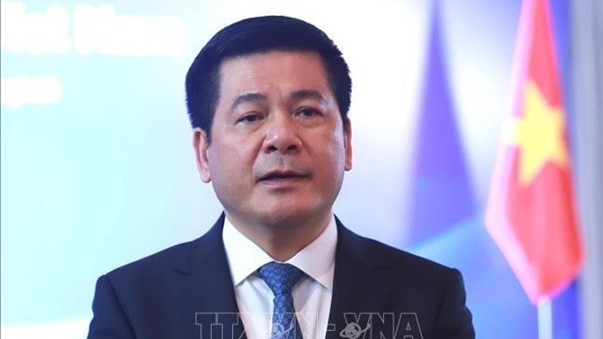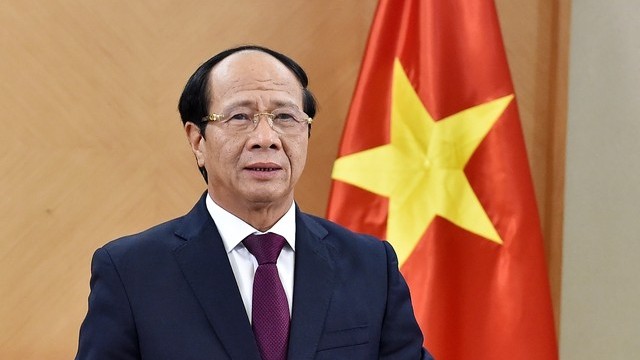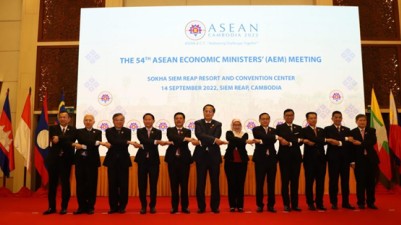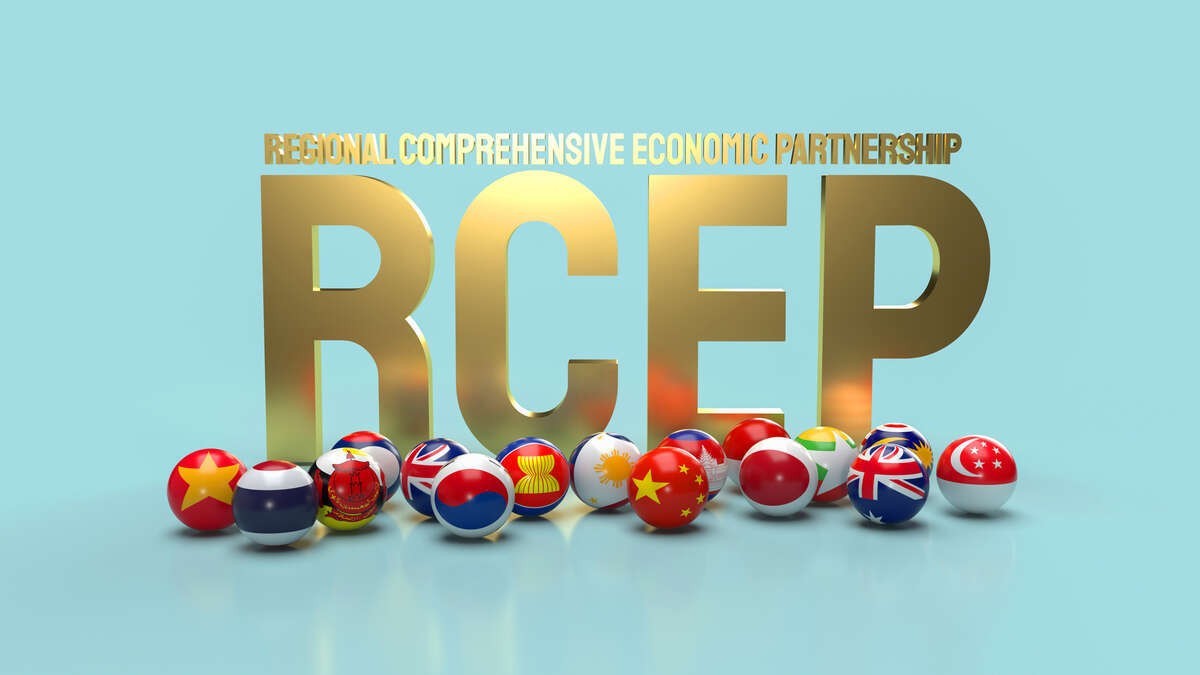
Challenges and opportunities of the RCEP for Viet Nam
Latest
 |
| The Regional Comprehensive Economic Partnership (RCEP) unites more than 2.2 billion people and nearly 30% of the world’s GDP. (Source: CGTN) |
The scale of the agreement would have been even bigger if India had not withdrawn from negotiations at a late stage. That left the ten ASEAN nations, China, Japan, South Korea, Australia and New Zealand as signatories.
Notably, this is the first such agreement to include the often discordant nations of South Korea, Japan and China. In terms of geopolitics, the RCEP's expected contribution to maintaining peaceful relations in Viet Nam’s East Sea is much to be welcomed.
However, the agreement offers more than that. It joins together the Southeast Asian region with its most powerful and influential neighbours. It provides a free trade agreement (FTA) that includes not just agricultural products, manufactured and assembled items, but also services and the thorny issue of e-commerce. Negotiating such an agreement is complex and it is not surprising that it took eight years to complete.
The RCEP continues the work of the ASEAN FTAs already in existence and extends the most favoured nation (MFN) concept across the 15 states. MFN is the basis of negotiation championed by the World Trade Organization and it means that no country can offer another country a deal that is in any way worse than that it has already agreed with another country.
Trade effects will be predictable: those goods and services which can compete internationally will be welcomed across the RCEP region and bring more prosperity and employment. However, those who cannot compete will be forced either to improve or to move out of the market. There will, as ever, be winners and losers and the role of governments will be to care for the losers.
 |
| Dr. John Walsh, Former International Business Senior Program Manager, RMIT University. |
China's involvement
Many people are concerned that this agreement is simply another means by which China is seeking to dominate the region. Although it is true that China will probably benefit more than the other countries in absolute terms, in relative terms countries such as Viet Nam will in fact benefit more.
Agreements such as the RCEP are win-win in nature but that does not mean that all partners will benefit to the same extent. Countries will benefit in areas in which they are strong but may lose out in other areas. Making exceptions and exemptions to protect some countries in the latter cases helps explain why negotiating agreements take so long in the first place.
Is China masterminding the whole process? This is not the case – the RCEP builds upon the existing agreements that ASEAN has already made and extends them geographically. If anything, China is acceding to the ways in which its southern neighbours have already structured their trading and investment patterns.
More Chinese investment can certainly be expected in Viet Nam because of the RCEP, but the same is true of investment from the other signatories. Concurrently, Vietnamese corporations can follow in the wake of pathfinders such as Viettel and Vinamilk in carrying the Vietnamese flag in foreign markets.
Further, reduction of internal barriers and tariffs within the RCEP will boost cross-border movements of complex goods and enhance the viability of regional value chains that might see different stages of production of a single item take place in Viet Nam, Thailand and Cambodia.
India's reluctance
If the agreement is so good, then why has India backed out from it? The Indian government claimed that a number of items remained so problematic that it had no choice but to withdraw from negotiations. These included worries about protection for Indian agriculture, the possibility of some goods being rerouted or given a false badge of origin, and intensification of tensions with China in the mountainous border area between the two countries.
There may be some substance to these concerns but all countries involved in the RCEP have shared similar concerns at some point. However, they managed to find a way to resolve the issues and come to an agreement.
What is different in India is that its Prime Minister Narendra Modi has been taking a leaf out of former US President Donald Trump’s playbook and promoting economic nationalism while denigrating international agreements and alliances. Once President Trump steps off the world stage, it is likely that Prime Minister Modi and his advisors will think again and find a way to rejoin talks.
The same is likely to be true of the United States under the next administration, which is likely to make it a policy priority to rebuild confidence in the US reputation and competence in Asia as well as around the world. New talks are to be expected to increase the scope and coverage of trade and investment agreements in the next year or two.
The future ahead
The RCEP strengthens existing arrangements but does not signal a revolutionary change in itself. Existing trends will be strengthened, and incremental improvements in imports and exports are expected. Arrangements to promote e-commerce and investment will help to improve the digitalisation of Viet Nam’s economy and the movement to the cashless society will be accelerated.
It is hoped that Viet Nam’s private sector will also respond to the changes by intensifying institutions’ own movement towards digitalisation, so that benefits can be enjoyed by both citizens and organisations.
For example, more overseas investment into Viet Nam’s renewable energy sector should be matched by government initiatives to diversify the sources and scales of energy generation for the national grid. These are changes that could already happen but will be eased by the RCEP in practice.

























